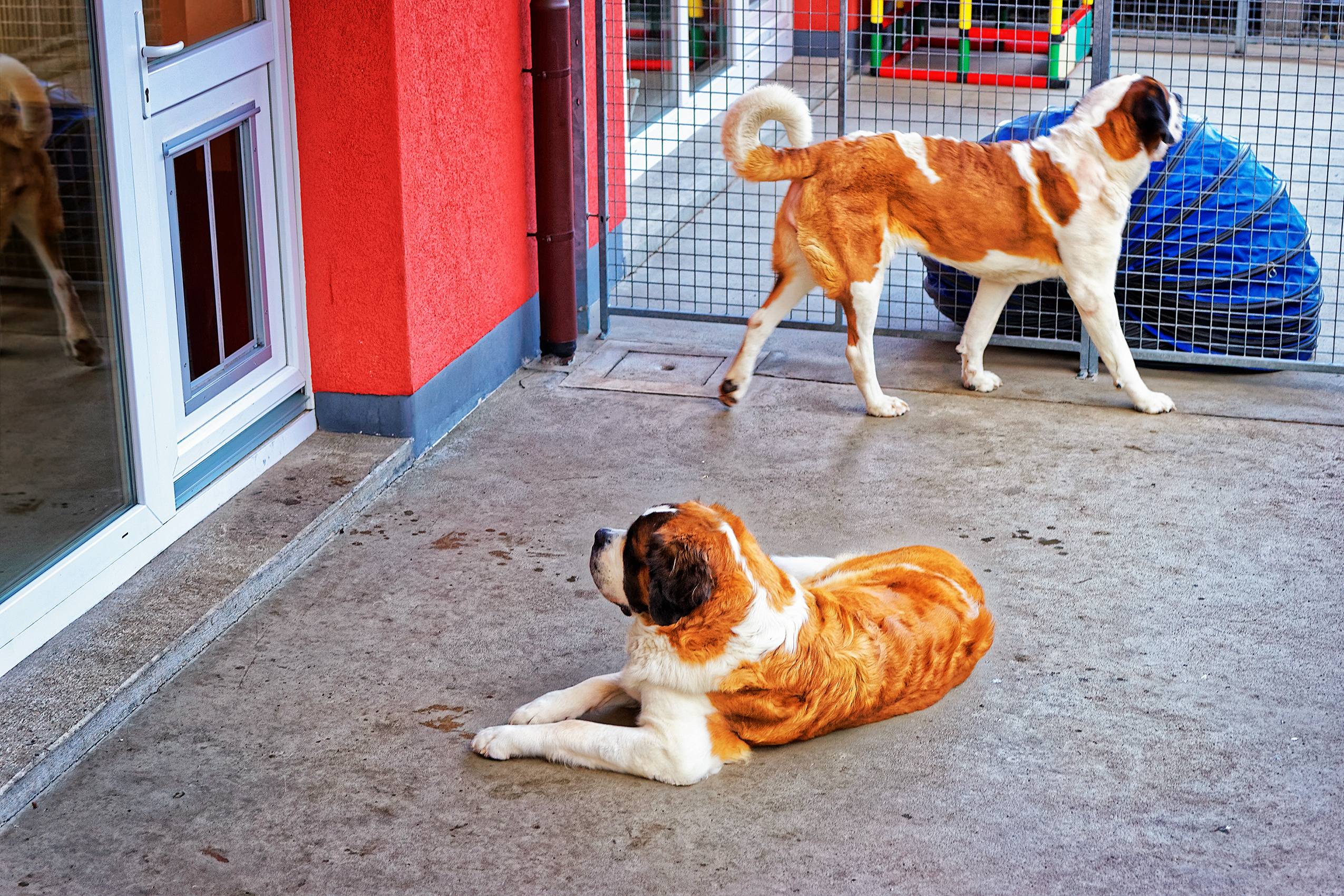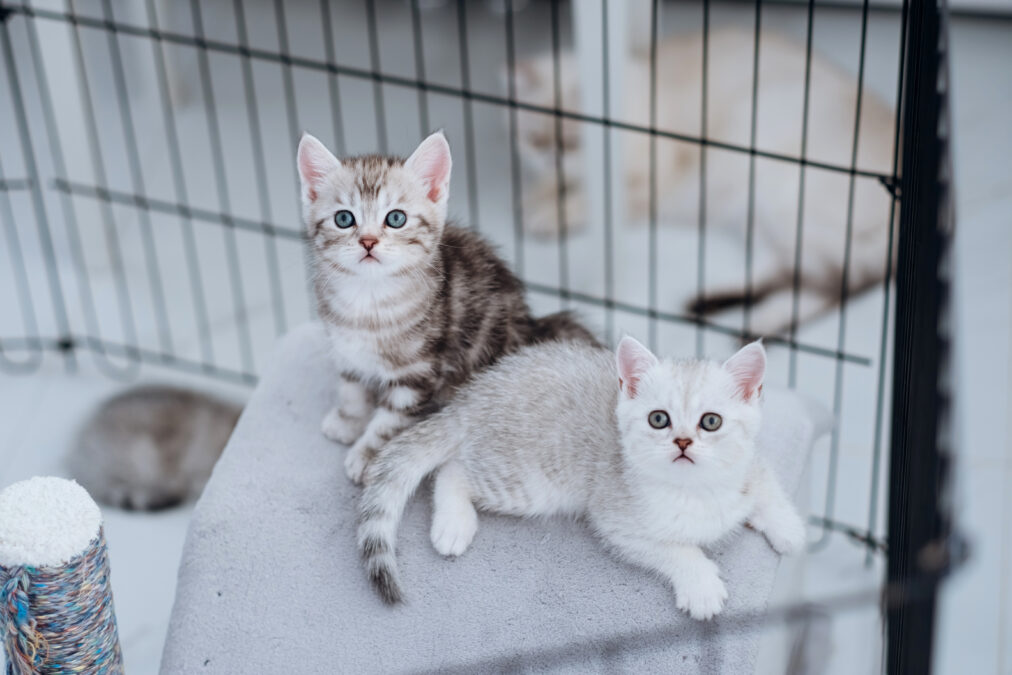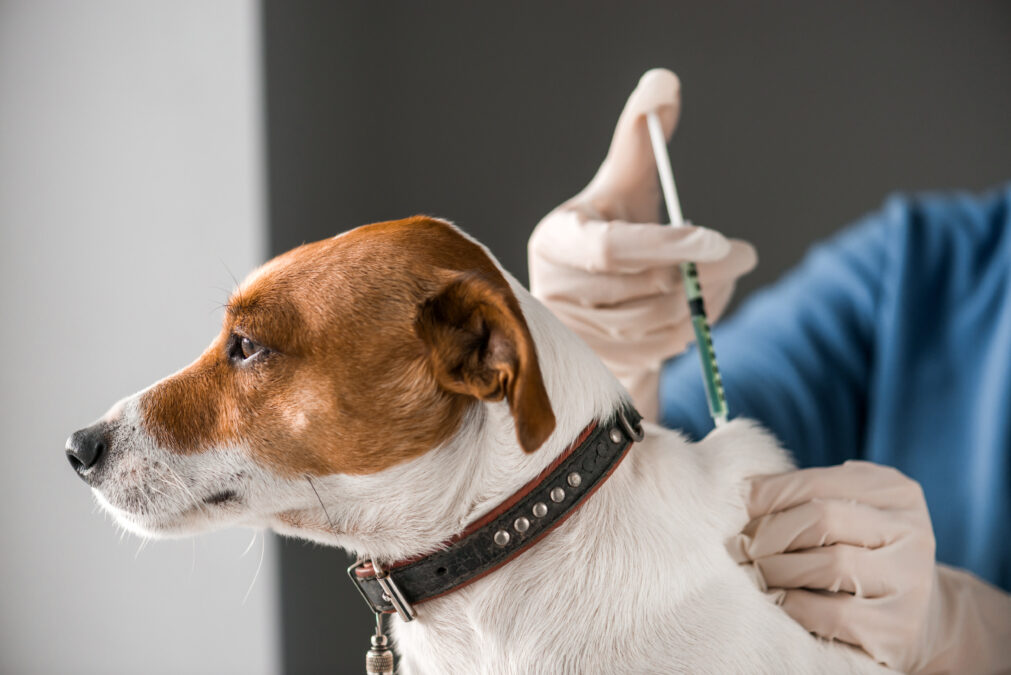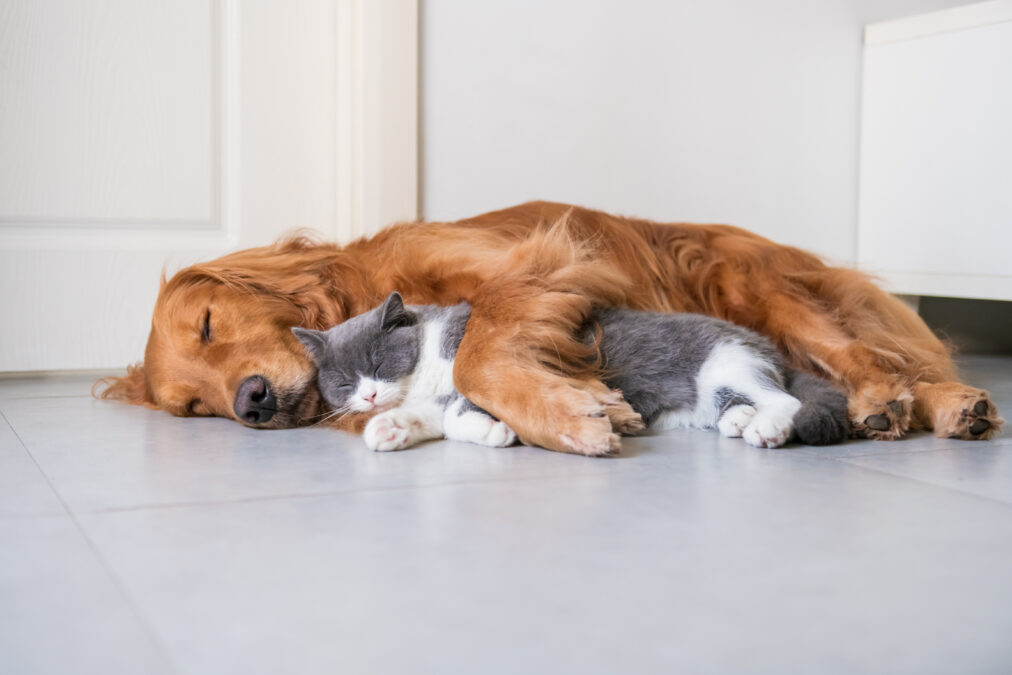
How to Prepare Your Pet for a Stay in the Kennels or a Cattery
For many owners, leaving their pets in a kennel or cattery can be a stressful experience. Whether you’re going on holiday, moving to a new home, or dealing with an emergency, making sure your pet is prepared for their stay can help ease both of your anxieties.
Here’s our guide on how to prepare your pet for a stay in the kennels or a cattery.
1. Choose the Right Facility

Before you choose a Kennel or Cattery, research the best ones in your area thoroughly. This could be by recommendation from a friend, through online reviews, or even visiting the facility in person. Look for facilities that are clean, well-maintained, and staffed by experienced caregivers.
Selecting a reputable kennel or cattery is crucial, but even with the best care, accidents or unforeseen health issues can arise. It’s important to ensure that the kennel or cattery is fully licenced and has a valid insurance policy in place.
While Pet insurance provides financial protection for unexpected veterinary expenses day to day, most pet insurance policies including our partners at Perfect Pet will not cover your pet while they are boarding. This is because most kennels and catteries should hold their own insurance policies, which will cover your pet for accidents or injuries while the animal is in their care.
However, Perfect Pet Insurance does offer cover to pay the cost of licenced boarding (up to the policy limit on policies excluding accident only and third party liability only) if the owner or policy holder is unexpectedly admitted into hospital for more than 4 consecutive days* – Get a Pet insurance quote today!
*See full policy wording for more details.
2. Plan Ahead:
Book your pet’s stay well in advance, especially during peak holiday seasons when kennels and catteries may fill up quickly. This ensures you secure a spot and gives you time to prepare your pet properly.
3. Update Vaccinations and Medications:

Before boarding your pet, you’ll need to make sure they’re up-to-date on vaccinations and preventive medications. This protects not only your pet but also other animals in the facility from potential diseases. Have your paperwork ready from the vets, so you can show the kennel or cattery your pet’s vaccination records. Make sure you have a enough medication for your pet if they are taking any for the duration of their stay.
Please note – vaccinations are not covered by your pet insurance.
4. Familiarise Your Pet with the Facility:
If possible, arrange a short visit to the kennel or cattery before your pet’s stay. This allows your pet to become familiar with the environment and the caregivers. Some facilities even offer trial stays or daycare options to help ease your pet into the experience. This also helps your pet to understand that you are coming back to them.
5. Pack Comfort Items:
Bring along familiar items from home, such as your pet’s bed, favourite toys, and blankets. These familiar scents can provide comfort and security to your pet in an unfamiliar environment. If you have more than one cat or dog, ask for them to share the same environment (if they get along) – having their companions around can help reduce their anxieties.
Additionally, pack enough food for your pet’s stay, along with feeding instructions. You could also write a list of any other instructions that may benefit your animal. For example, if your pet does not like to be handled in certain ways, it’s important to inform the kennels and catteries of this.
6. Try to Maintain Their Routine:

Lack of sleep can have a huge impact on your pet’s mood and lead to heightened anxiety. This mixed with the experience of being in a new environment could have a detrimental effect on your pet. Give the facility a list of feeding times and your pet’s routine so they can do their best to follow this.
7. Get Contact Information Together:
The kennel or cattery should have all your contact information, as well as that of a trusted friend or family member who can make decisions on your behalf in case of an emergency. If you are going overseas, give them your email and hotel number. Provide detailed instructions on how to reach you and any specific instructions for caring for your pet, i.e. contact details for your vet who will have your pets medical records.
8. Stay Calm and Positive:
Leaving your pet for a period of time can be nerve-wracking but it’s important to remain calm. Pets are incredibly perceptive and can pick up on their owner’s emotions. If you remain calm and positive when dropping off your pet at the kennel or cattery, they will know everything is ok. Reassure them with soothing words and affectionate gestures before saying goodbye.
9. Follow Up:

Once your pet is settled in their temporary home, don’t hesitate to follow up with the facility to check on their well-being. Many kennels and catteries provide updates and even photos of your pet during their stay, giving you peace of mind.
Preparing your cat or dog to stay at the kennels or cattery requires careful planning and consideration. By choosing the right facility, planning ahead, familiarising your pet with the environment, and providing comfort items, you can help soothe their anxiety (and yours!). Remember to stay positive and trust in the caregivers’ expertise, knowing that your pet is in good hands while you’re away.
Wanting to get away and take your dog with you? Check out our blog on UK dog friendly beaches
Looking for Pet Insurance?
Get a quote today








